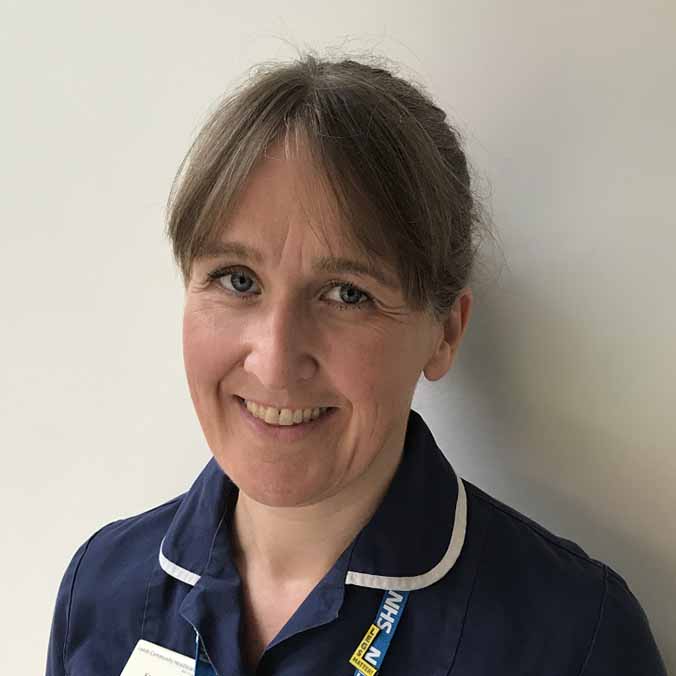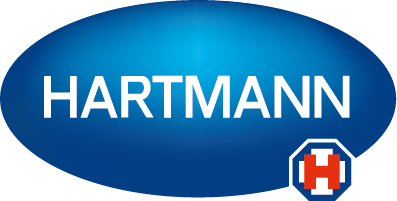Kate Williams

Kate joined the team at Accelerate CIC in November 2024 after her academic role as a Senior Lecturer in Tissue Viability at the University of Huddersfield and an Honorary Tissue Viability Nurse for Leeds Community Healthcare Trust.
She trained as a District Nurse and moved into community Tissue Viability in 2003, working in London, Mid Wales and settled in Leeds in 2011.
Kate is passionate about patient centred care and the values of the clinician patient relationship. She has a particular interest in antimicrobial stewardship in wound care. She is Vice Chair and Treasurer of Legs Matter and a Trustee of the Society of Tissue Viability.
Presentation at The Society of Tissue Viability 2025 Conference
Creating collaboration in personalised lower limb care
PRESENTATION WITH REBECCA LONG AND KATIE REES
Objectives
Aimed at specialist nurses but will be of interest to any health care professional.
Delegates will learn the importance of creativity and communication as specialist clinicians.
Abstract
Some of our patients live with complex physical and mental health needs. Their emotional and mental health needs can significantly impact how patients and families engage with health care professionals.
Understanding who motivates our patients, what their fears are, and what is most important to them must be understood id we care going to work together to deliver personalised care.
This case study exemplifies how collaborative working between clinical teams the patient and informal carers can result in creative personalised care which delivers life changing results
Presentation at The SoTV/EWMA 2024 Conference, London
Making a difference: How your learning can lead to sustainable change
Learning objectives
After attending this session, persons will be able to:
- Have the opportunity to reflect on and discuss their learning from the days sessions
- Explore the challenges when trying to implement change within their area of practice
- Consider solutions to the challenges and explore their role in helping to achieve success
- Take away a personal pledge to making a sustainable change in wound prevention & management
Abstract
It is well known that following any educational event, applying that learning in to practice can be challenging and this can be for a number of reasons. Not being able to do this can result in poor job satisfaction, frustration and lack of motivation, but more importantly, not being able to implement new knowledge and skills will prevent the change needed for service improvement and better outcomes for patients.
This session, will allow participants to reflect on their learning from the day and to explore the sustainable change they think is needed within their areas of practice. The facilitators will help identify the barriers to implementing change, and suggest solutions or strategies for breaking these barriers down.
Every participant plays an important role in wound prevention and management and at the end of the session, everyone will be asked to commit to a small sustainable change to their practice in the form of a pledge.
Presentation at The Society of Tissue Viability 2022 Conference
Managing skin tears in care homes
Objectives
After attending this session, persons will be able to:
- Understand the outcomes of a local pilot to improve skin tear management in residential care homes.
- Understand the impact of the pilot of District Nurse workload
- Consider strategies to reduce the number of skin tears in care homes
Abstract
Leeds Community Health Care trust worked in partnership with a silicone foam manufacturer, to implement a first dressings initiative across 3 Residential Homes in one District Nurse locality. This small pilot aimed to improve first aid management of skin tears and reduce district nurse call outs.
A training programme was developed focusing on the identification and management of wounds with a specific algorithm for managing Skin Tears.
During the pilot phase 44 carers received training across 3 residential homes. This consisted of care professionals covering all shift patterns within the residential homes to ensure that wounds could be correctly managed using the protocol at any time of day or night. To ensure an efficient roll out and correct use of the initiative moving forwards; 14 District Nurses were also trained in the community team.
In one month, 13 District Nurse call out visits were prevented. Although this is a positive result from a workload perspective, and the aim is to role this pilot out across all residential homes, we need to be considering strategies to reduce skin tears happening in the first instance.














